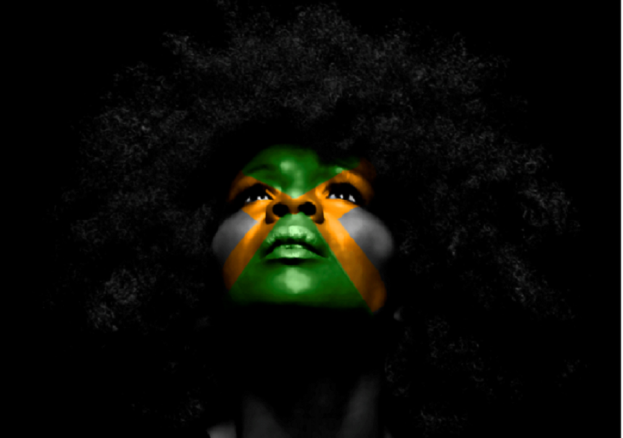
As a fellow Jamaican, and Musician, Black History give me the opportunity to reflect on the roles Jamaicans have played in the uprising against Slavery and how music was used as a form as escapism help alleviate the reality of suffering which we later came to identify as “The Blues”.
One of the most influential political figures in the fight against slavery was Marcus Garvey, who, by all accounts was a small man with big dreams. A Jamaican political leader and founder of the Black Star Line ship, which promoted the return of Africans to their ancestral lands; Marcus Garvey was also a staunch proponent of the Black Nationalism and Pan-Africanism movements, founder the Universal Negro Improvement Association and African Communities League (UNIA-ACL).
“Long before we were even conscious of our own degradation, Marcus Garvey fought for our national and rational quality”. This is a quote from the first president of Ghana Mr Kwame Nkrumah. Marcus Garvey’s philosophies and opinions were so far reaching that the Ghanaian flag was later adapted in memory of the Black Star line Ship and all it stood for.
Dr Martin Luther King, Malcolm X and Bob Marley all took inspiration from Marcus Garvey’s movements and philosophies. Bob Marley for instance, another famous Jamaican Musician and philosopher quoted parts of Marcus Garvey’s speech in his well-known “Redemption Song ‘ when Bob Marley sings:
“Emancipate yourselves from mental slavery. None but ourselves can free our mind…” is taken for Marcus Garvey speaking in Menelik Hall Sydney, Nova Scotia 1937.
The Maroons too are a proud part of my Jamaican History in the run up to freedom. When runaway slaves banded together and subsisted independently they were called Maroons. The Maroon communities faced great odds to survive against white attackers as well as the challenge to obtain food; for subsistence, living, to reproduce and increase their numbers. As the planters took over more land for crops, the Maroons began to vanish on the small Islands. Only on some of the larger islands like Jamaica, were organised Maroon communities able to thrive by growing crops and hunting. The Maroons gained in power and amid increasing hostilities, they raided and pillaged plantations and harassed planters until the planters began to fear a massive slave revolt. Maroon communities emerged in many places in the Caribbean but none were seen as such a great threat to the British as the Jamaican Maroons.
Jamaicans are known for being very proud and fearless. As we are in the throes of the London fashion week another famous Jamaican warrior Queen comes to mind, musician and fashion Icon – Grace Jones and Supermodel Naomi Campbell.
Finally, when I think of Black History Month, I think of Music. Music is my passion. I too have moments of doubt and fear, but compared to the pain and anguish my ancestors endured they pale in caparison. As I contemplated Black History Month and recited the Psalm, I asked myself. ‘What songs did the slaves sing to sooth their broken hearts, their shattered dreams, their ripped apart families, when there seemed no hope or justice in the world and even perhaps that God had forsaken them? More importantly what song would I sing? So I started to sing as if I had been there in slavery? Just like that 23rd Psalm took on a new meaning in song. I decided to record it with a piano rendition by Le’Voy Wilson. I hope you find it as calming as I do. The song is also dedicated to all the Brave Soldiers, Activist and People who really put their lives and Families on the line, and to my all-time hero Rosa Parks, the lone Voice in the crowd.
Free Down Load Available Now. www.paulinehenry.com
